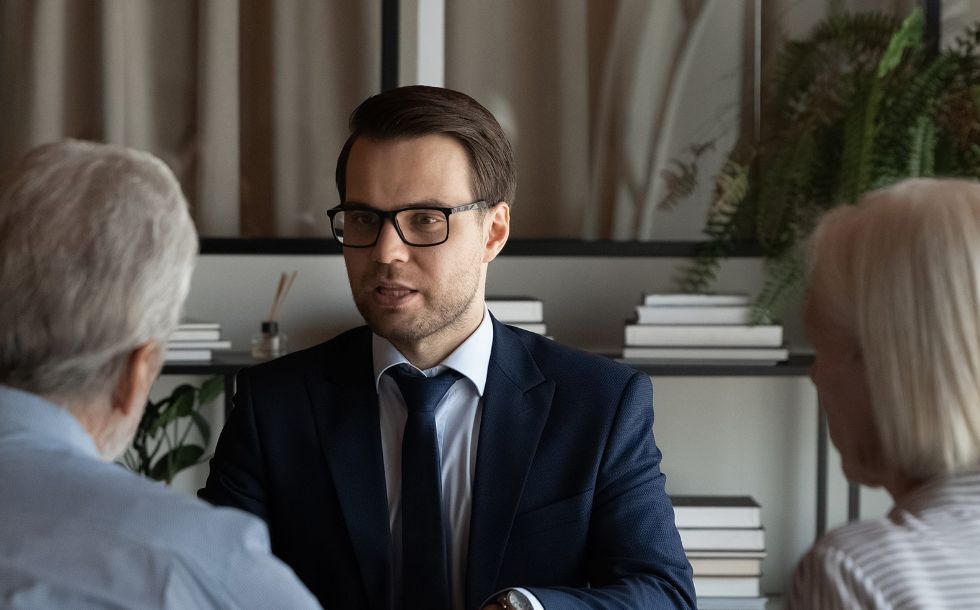Find out more and see if the collaborative process is right for you.
Traditionally, clients looked to lawyers to resolve family law and wills and estates disputes. However collaborative practice recognises that lawyers don’t always have all the answers and the traditional adversarial legal process can do more harm than good, particularly where disputes involve family relationships which the parties must continue to navigate after the dispute ends.
Collaborative practice is truly interdisciplinary and its success relies on the input of the other professionals who work with the lawyers and the parties and together make up the collaborative team. The shared objective of all team members is to resolve the dispute while protecting the family and co-parenting relationships, ensuring that each person has the opportunity to be heard and their interests and concerns are addressed in a safe and respectful space.

The Financial Neutral may be an accountant or a financial advisor.
Sometimes one party knows much more about the dollars and the cents than the other, and the Financial Neutral can help remedy the imbalance by ensuring everyone has sufficient insight and understanding and is on the same page, no matter the complexity and entities involved.
Sometimes one or more pieces of the financial puzzle are missing and the Financial Neutral can identify and then take steps to get the necessary information on the table, building trust.
The Financial Neutral also uses their expertise to identify creative options and make sure every team member understands the financial implications, including the potential costs, risks and benefits of each option.
The Financial Neutral is also called upon to model and compare potential alternative settlement scenarios, as the team explores options for agreement. This allows each party to understand what a particular outcome will mean for them and their financial future in real and practical terms, over and above the abstract dollar figures.
The input of the Financial Neutral allows the parties to make informed financial decisions, and provides the assurance and confidence necessary to generate, build and consider options which address and serve the interests of each party.
The Collaborative Coach may be a mediator, psychologist or counsellor by training.
No dispute is just about the dollars and the cents. Every relationship has a history and although the collaborative process is future and solution focused, that history often determines the anxieties, stressors, beliefs and assumptions that underly any given dispute and are barriers to effective communication and resolution.
The role of the Collaborative Coach is to address and manage the dynamics which would otherwise prevent any party feeling or being heard, recognised or acknowledged. The Coach creates and maintains the safe and respectful space which allows each party to communicate their needs, interests and concerns in a constructive and future-focused way and ensure those needs are addressed.
The Collaborative Coach usually manages the agenda and takes the chair at each collaborative meeting. They may meet with each party individually between team meetings or spend time with any team member one-on-one during a meeting, as required to reset or rebalance the dynamics.
The Collaborative Coach also acts as mentor to the professional team members and helps all team members manage their communication style and maintain the collaborative mindset, no matter the sensitivity or complexity of the issue at hand.
The Collaborative Coach helps the parties recognise their common ground and remain focused on their shared objective, building the agreements necessary to resolve the dispute and move on.
Ideally the parties will also leave a collaboration with new understanding and insights which protects their family from future disputes, a new communication toolkit which can serve as a foundation stone if they choose to rebuild or reinvent their family or co-parenting relationship.
All collaborative team members must undergo specialised collaborative training and Collaborative Professionals WA runs a Foundations Course up to twice each year for this purpose. CPWA also offers continuing professional development and ongoing opportunities for its members to reflect and debrief on their collaborative practice with the support of experienced mentors.
There are also other national and international organisations and training and CPD providers with whom CPWA maintains relationships and shares resources.
It takes a substantial commitment from professionals to undergo the necessary training and to develop, hone and maintain their collaborative skills and approach. CPWA is on hand to support, professionals as they build collaboration into their practice and their business, while local practice groups offer an established network of professionals who are committed to work collaboratively together.
There are ample rewards awaiting professionals who embrace and build collaboration into their mindset, practice and business. Professionals are relieved of the frustrations and stressors associated with the traditional, adversarial legal process and get the satisfaction of working creatively and productively with other professionals to build pathways to enduring resolutions for their clients.
We would welcome the opportunity to tell you more about collaborative practice so please use the link below.
To get started, select the relevant option, and we will be in touch to provide information.
Provide your details and we will be in touch about upcoming training opportunities.
Provide your details and we will be in touch to arrange an information session for you.